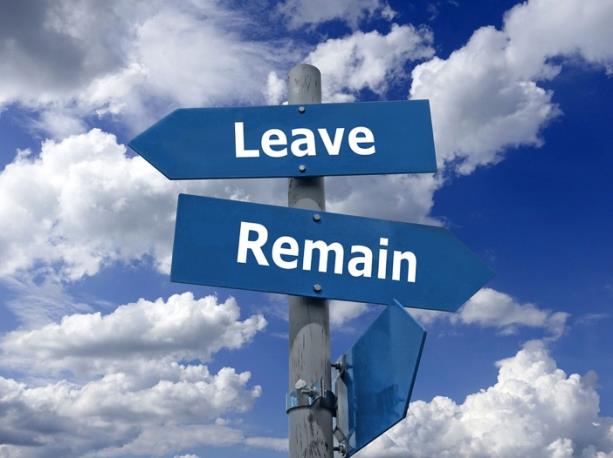
The likelihood of Brexit becoming a reality is leading to new hopes of Irish unity, although religious factors quite different from the ones that have marked Northern Ireland and the Republic of Ireland for over a century may complicate things. In the social science magazine Society (July–August), John Rodden writes that with the Republic of Ireland firmly in the European Union camp and Northern Ireland fearing the economic costs of Brexit and thus more likely to consider leaving the UK, the dream of a united Ireland may not be far off. Northern Ireland has been long opposed to Irish unity because of the fear of Catholic dominance by the republic to the south. But even if Catholics retain a demographic advantage, the anti-Catholic stance of the north has weakened due to the wave of liberalization that has occurred in the south.  Rodden writes that Protestants in the north are “gratified yet incredulous, if not outright astonished, that ‘the priest-ridden Republic’ of their youth has become the most tolerant and open-minded nation in all of Europe, boasting its most liberal abortion and same-sex marriage laws, along with a gay prime minister [along with slight anti-immigrant sentiment].” But while the factors combining to promote unification may be influential, they may also pose significant setbacks.
Rodden writes that Protestants in the north are “gratified yet incredulous, if not outright astonished, that ‘the priest-ridden Republic’ of their youth has become the most tolerant and open-minded nation in all of Europe, boasting its most liberal abortion and same-sex marriage laws, along with a gay prime minister [along with slight anti-immigrant sentiment].” But while the factors combining to promote unification may be influential, they may also pose significant setbacks.
Rodden continues, “Conservative Catholics who oppose the secularist social agenda (liberalized abortion, gay marriage, and LGBTQ rights) usually regard the evangelical Protestant north as a citadel of decency in the culture wars. Many of them believe (and hope) that the Republic’s betrayal of godly values could sour northern Protestants on unification. Ironically, that possibility is far more likely to nix NIRexit than the old fears of Ulstermen such as Ian Paisley of living under a papist ‘Catholic’ Ireland. From a conservative standpoint, Eire today is no longer a ‘Catholic’ nation at all. (Fewer than half of the Republic’s Catholics self-identify as religious.) In their view, Eire’s loss of a Catholic identity may mean that demographics (i.e., a Catholic majority) may not be a decisive factor driving unification after all.”
(Society, https://link.springer.com/journal/12115)